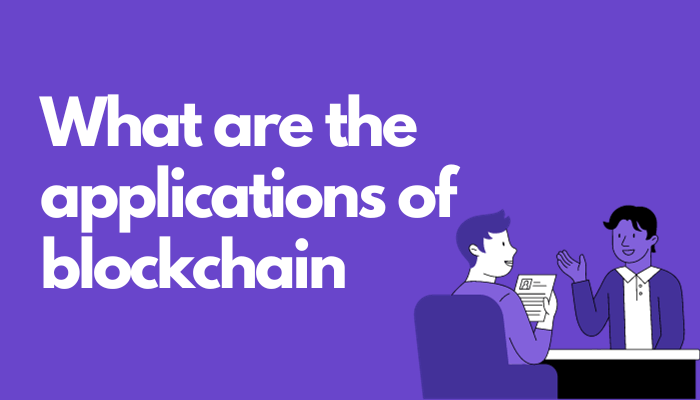
What are the applications of blockchain?
Blockchain, technology, born as the backbone of cryptocurrencies, has evolved into a disruptive force with applications stretching across diverse sectors. Beyond digital money, blockchain offers secure and transparent solutions. In this overview, we'll explore blockchain's various uses, its potential impact on the stock market, and its applications in domains ranging from supply chains to healthcare, promising a new era of trust and efficiency.
Certainly, here are some down-to-earth applications of blockchain:
Digital Money
You've got cryptocurrencies like Bitcoin using blockchain to make secure online payments.
Smart Contracts
These self-executing contracts automate and enforce agreements when predefined conditions are met, reducing the need for intermediaries in various industries.
Supply Chain
Blockchain improves transparency and traceability in supply chains by recording every step of a product's journey, from manufacturing to delivery, reducing fraud and errors.
Voting
Some countries are exploring blockchain for secure and tamper-proof online voting, potentially enhancing the integrity of electoral processes.
Health Records
Storing medical records on a blockchain can enhance data security, streamline access for authorized parties, and facilitate interoperability between healthcare providers.
Video Games
Blockchain enables the creation and trade of digital assets and in-game items, fostering player ownership and interoperability across various gaming platforms.
Real Estate
Blockchain can simplify property transactions by recording ownership and history, reducing paperwork and the risk of fraud in real estate deals.
Sending Money Abroad:
Blockchain-based remittance services can expedite international money transfers, making them faster and more cost-effective than traditional banking systems.
These are just a few examples of how blockchain technology is revolutionizing various sectors by enhancing security, transparency, and efficiency. Its decentralized and immutable nature makes it a valuable tool for addressing trust and accountability challenges in today's digital world.
Get to Know More: What are the uses of blockchain?
Categories: Tech Blogs Tags: #Applications of Blockchain, #What are the applications of blockchain
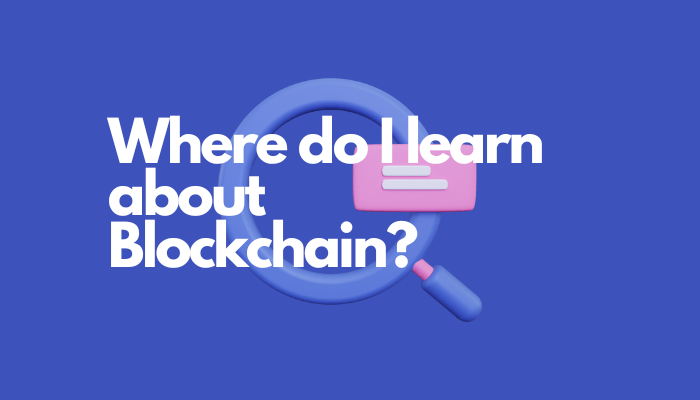
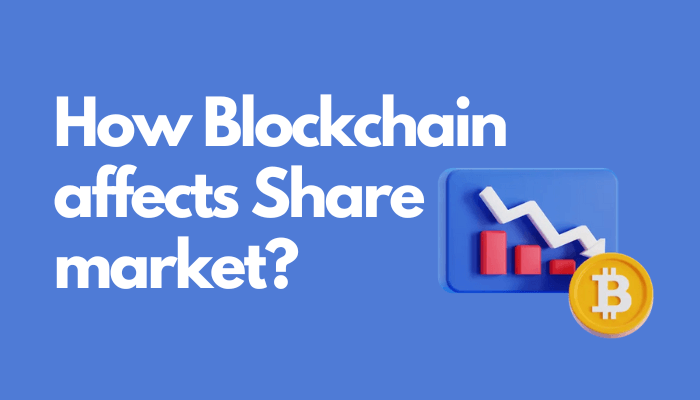
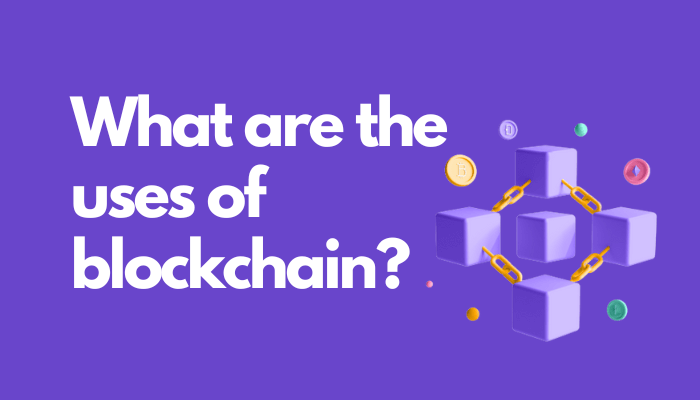
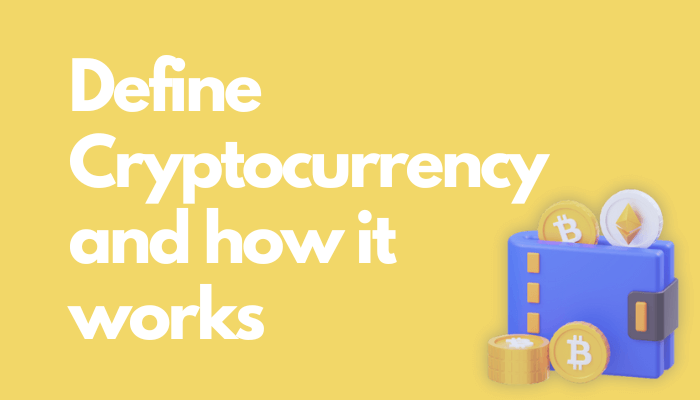
Leave a comment